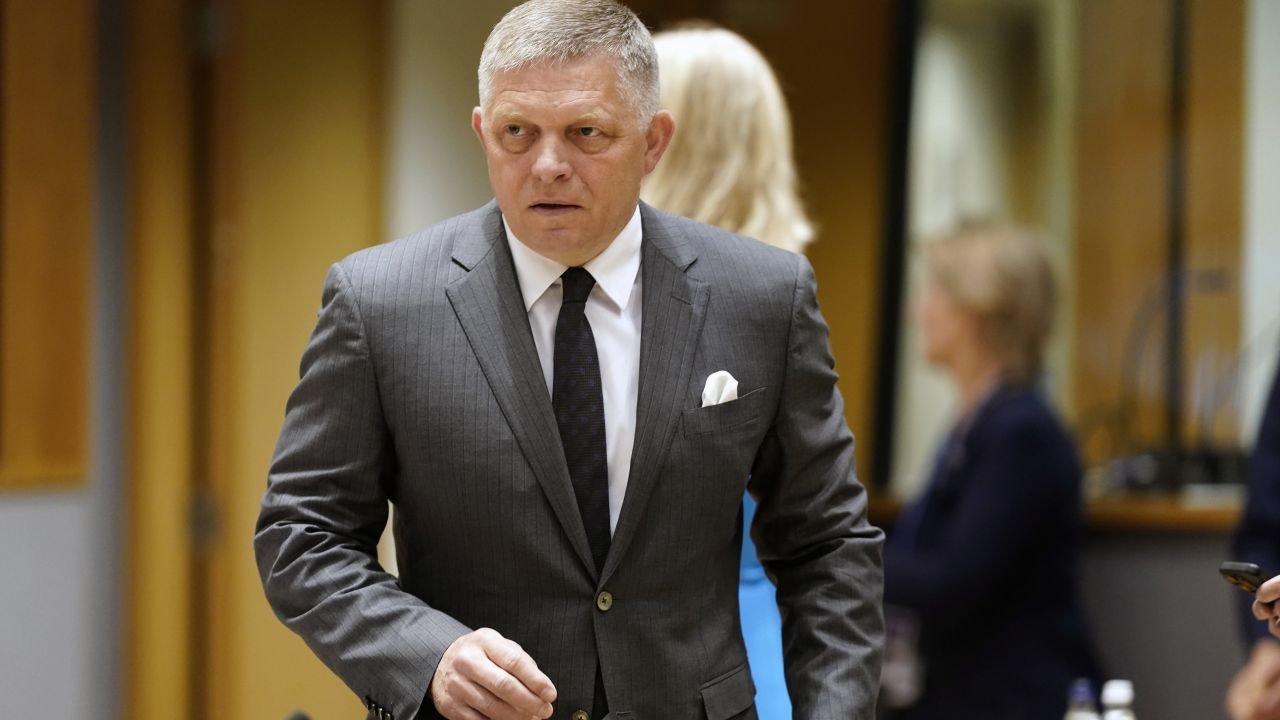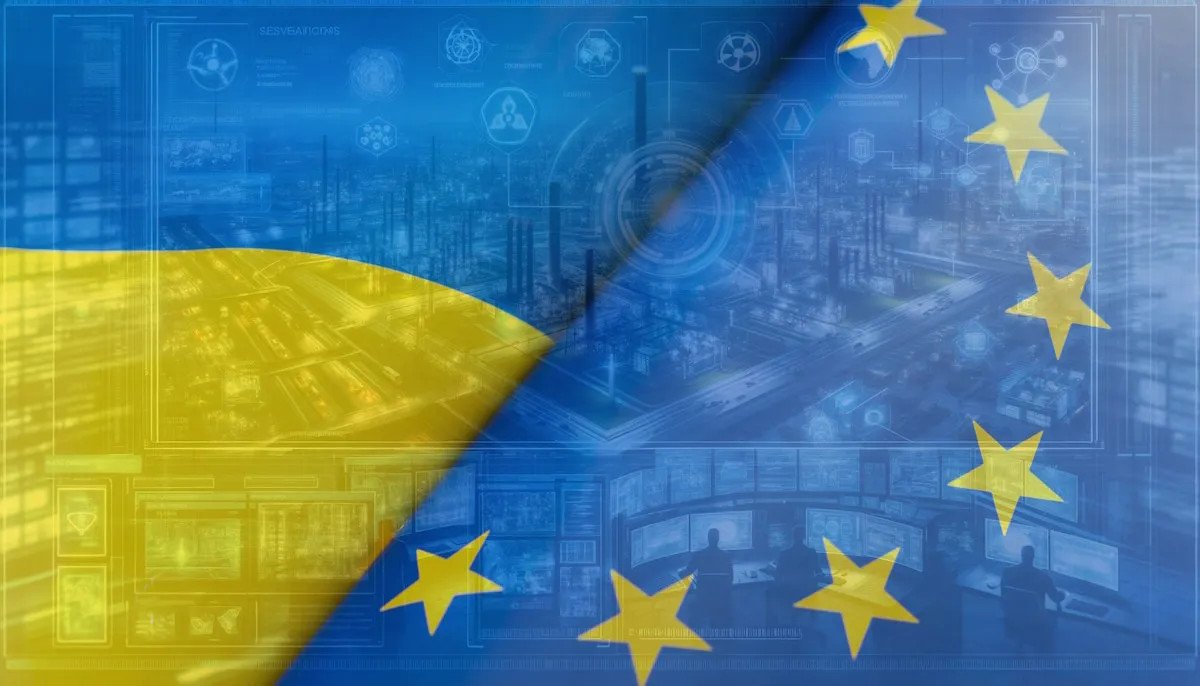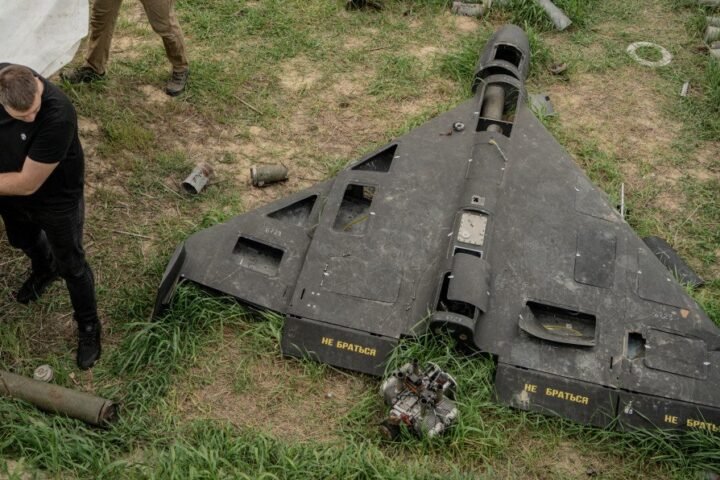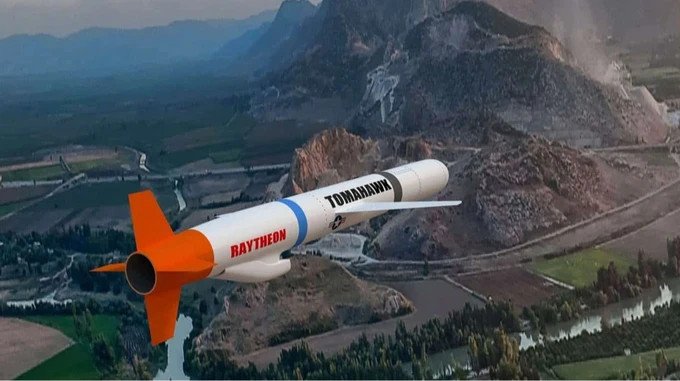Slovak Prime Minister Robert Fico has sparked controversy after praising the recent meeting between Donald Trump and Vladimir Putin in Alaska, adopting narratives widely promoted by Russian media. Fico suggested that the war in Ukraine has “historical roots” and called for security guarantees for Russia alongside Ukraine, remarks that align closely with Kremlin rhetoric.
Fico frames summit as redefining U.S.-Russia relations
In a Facebook statement, Fico described the Alaska summit as a milestone that rejected the “black-and-white view” of the conflict in Ukraine and offered momentum for “standardizing relations between Russia and the United States.” He argued that the meeting challenged the unified stance on the war promoted by the Biden administration and some influential European actors. According to Fico, sanctions against Russian leadership are ineffective, and the summit reflects the perspective of European leaders seeking a new divide between Europe and Russia.
Alignment with pro-Russian European voices
Fico’s comments mirror those of Hungarian Prime Minister Viktor Orban, who earlier suggested that the Alaska summit made the world “safer.” Russian media have amplified Fico’s statements, using them to reinforce claims of Ukraine’s alleged NATO ambitions and alleged extremist influence in Kyiv’s government—arguments previously invoked by Moscow to justify its full-scale invasion in 2022.
Ukrainian and EU response to historical narratives
Experts and officials in Kyiv and Brussels emphasize that the war is a result of deliberate Russian aggression, not historical grievances. Any framing of the conflict as having “root causes” risks legitimizing Moscow’s actions. Ukraine continues to seek concrete security guarantees from Western partners to prevent further incursions, and territorial concessions are considered unacceptable by both Kyiv and its European allies.
Broader implications for European security
The positions of certain European leaders closely aligned with Moscow are viewed as a potential threat to broader regional stability. Ukraine’s resilience, supported by Western aid, remains central not only to its own defense but also to the security of the European Union. Brussels continues to coordinate collective defense mechanisms and long-term guarantees, rejecting any security assurances for Russia that fail to hold it accountable for its aggression.









